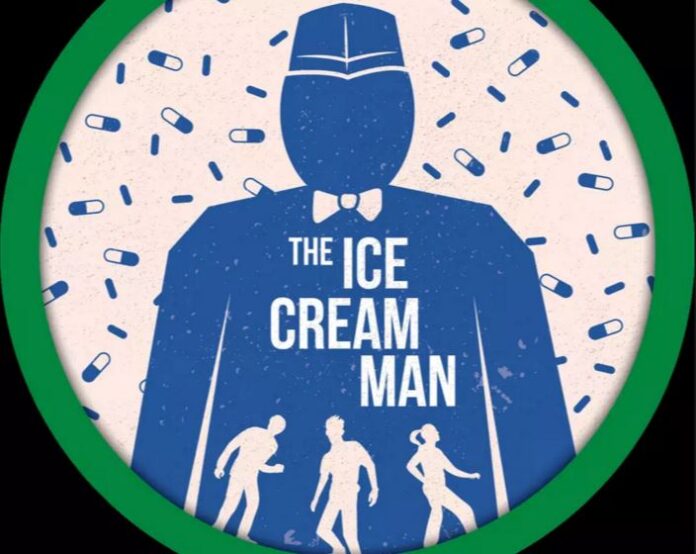 It’s been estimated that 1 in 14 teenagers in the Roanoke Valley have tried heroin – a drug that is often cheaper on the open market than other illegal drugs say police. For some it’s the next step after prescription painkillers – legal opioids – that a teen may have stolen from a parent or someone else’s medicine cabinet.
It’s been estimated that 1 in 14 teenagers in the Roanoke Valley have tried heroin – a drug that is often cheaper on the open market than other illegal drugs say police. For some it’s the next step after prescription painkillers – legal opioids – that a teen may have stolen from a parent or someone else’s medicine cabinet.
That hardly seems like the topic for a play, but Roanoke Children’s Theatre is back with its sixth annual “RCT for Teens,” an issue-based staged play that has tackled subjects like alcohol and suicide in the past – and how they impact a family.
This time around from March 10-13 its The Ice Cream Man, written by Mark Sutton, which follows the lives of high school students caught up in the pressure-cooker world of parties, school itself – with the ever-present temptation of drugs and alcohol present.
There will be four public presentations of the play where families can come and watch the Ice Cream Man together; in addition local schools will send students and RCT will take it on the road to a number of schools in outlying areas of the region as well. (see roanokechildrenstheatre.org for ticket information)
RCT artistic director Pat Wilhelms says The Ice Cream Man is about “four innocent, good kids looking for something to do on the weekend,” and then they get involved with a party “that just goes bad.” One of the local agencies that partners with the RCT every year for these teen-oriented plays is the Prevention Council of Roanoke County. “We know that prevention is part of the message,” says executive director Nancy Hans.
After each community show a panel of experts will dialogue with the audience about the issues discussed in The Ice Cream Man; for the 9th graders scheduled to come to the Dumas Center on Henry (1st) Street there will be talkbacks.
Heroin will be center stage, says Wilhelms. “Heroin is everywhere -part of our message … is that it’s not the heroin that we think of 20 years ago where people are in the alleys shooting up. It’s everywhere now … they’re snorting it, smoking it. It crosses every social and economic status group. It’s [even present] with kids in middle school.”
Hans says teens that wind up using heroin don’t start there but begin with other abusive behaviors and substances. “This is the message that we want to get out there.” The Prevention Council, which surveys local high school students periodically, came up with that 1-in-14 number that have tried heroin. “We are concerned. It can be as early as 11 or 12 years old by possibly smoking pot or using alcohol.
Prescription drug [abuse] is completely tied to heroin.” Hans notes that after the plays actors come back on stage to talk to the students attending – “starting the conversation.”
RCT strives to make the teen-oriented plays watchable as well, and Wilhelms notes the humor that actors bring to their roles on stage is “just like everyday life. The funniest thing often happens in the most serious situations. We want to grab audiences – especially 9th graders.” She calls it relevant, “edgy theater.” Certainly the topic is that. “The last thing we want is for these kids not to care deeply for these characters and this situation.”
Who knows – perhaps it may even save a life.
Gene Marrano


